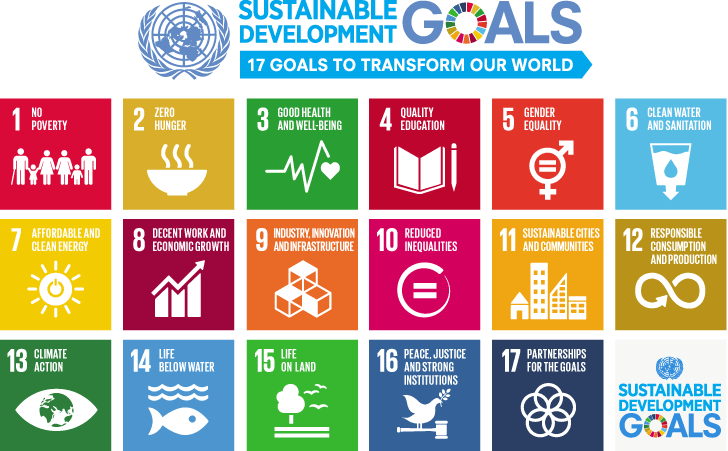Happy Friday!
Check out this week on sustainability —
Climate Change Is Depleting The Ocean of Oxygen, Killing Fisheries
University: University of Toronto and the University of California, Santa Cruz
A team of ocean scientists suggest that an increase in CO2 in the earth’s atmosphere can deplete the oceans of oxygen and put the future of many fish species at risk.
Once the water is depleted in oxygen, sulfate-eating bacteria starts to thrive, producing hydrogen sulfide, which is toxic to variety of fisheries living in even very deep sea levels, such as tuna, giant squid and more.

Image: Uli Wortmann/University of Toronto
The researchers are not sure of the length of time it would take for increased CO2 levels to have an impact, but they believe it would happen quickly.
To protect our oceans, the researchers say we need to control CO2 emissions by switching to clean energy, decrease the wastewater and pollutants countries pour into the ocean, prevent overfishing, and protect habitats for marine species.
[divider]
University Launches Challenge To Inspire Students To Solve Sustainability Goals
University: Ubiquity University
Ubiquity University has just announced the launch of the Ubiquity Global Sustainability Challenge, a competition designed to encourage students to help solve global problems, specifically around the United Nations Sustainable Development Goals (UN SDGs).
An award of $25,000 will be given to the team of students who develops the most innovative and effective way to achieve the UN SDGs.
“Ubiquity is taking a stand that the global situation requires universities to direct student attention to solving global problems, at the center of which is runaway climate change,” Jim Garrison, Ubiquity CEO, said in a statement.
“Ubiquity is supporting students by serving as an incubator, accelerator and investor through our Global Sustainable Challenge and $25,000 prize. We want to become a global hub for student innovation and social entrepreneurship.”
The winners will be selected in July of 2019 and announced during the UN General Assembly in September of 2019.
[divider]
Climate Change Is Damaging Soil Needed For Crop Growth
University: University of Manchester, UK
Heatwaves induced by climate change may have a more negative impact on soil and plant ecosystems than scientists previously thought, according to a new study.

Extreme heat and drought alter soil moisture, vegetation composition and harm microbial organisms in the soil, which could damage entire ecosystems.
“Microbes perform important processes in the soil; they decompose organic matter, such as dead plant leaves and roots, and by doing so they control the balance between carbon that stays in the soil and carbon that is released into the atmosphere as CO2,” said Franciska de Vries, a senior research fellow in the School of Environmental Sciences and lead author of the study.
This decomposition process also releases nutrients for plant growth, but all of these functions can be impacted by climate disturbances, de Vries explained.
[divider]
Coral Snails: An Unexpected Threat To Already Damaged Reefs
University: Georgia Institute of Technology
Tiny, camouflaged snails are harming coral reefs already vulnerable to degradation from rising sea temperatures, overfishing and pollution.
Researchers at Georgia Tech discovered groups of thumbnail-sized snails preying on the coral species Porites cylindrica by sucking their fluid like a tick and found that they can reduce coral growth by up to 43 percent in less than a month.

The snails were much more abundant in areas that had been overfished.
This is, because in coral ecosystems, fish play an important role in keeping predators and seaweed under control — so when reef areas are overfished, predation levels are likely to rise.
Rising sea temperatures, overfishing and pollution have caused the mass degradation of coral reefs around the world. The emergence of the coral snails is making a bad situation worse.
To combat the issue, the researchers suggest physically removing the snails and reducing fishing pressure.




